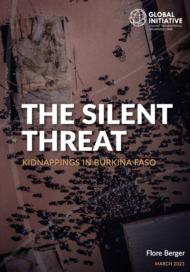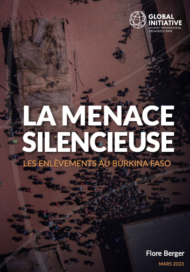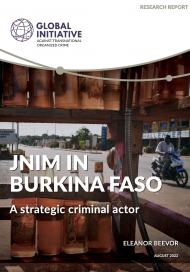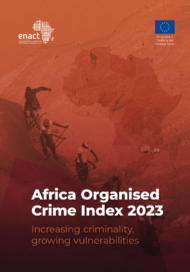Event Details
Where
Online event
Posted on 07 Mar 2023
Kidnappings of nationals in Burkina Faso reached record-breaking levels in 2021 and continued at an unprecedented scale throughout 2022. Non-state armed groups are the primary perpetrators, particularly the Group for the Support of Islam and Muslims (Jama’at Nasr al-Islam wal Muslimin).
According to data from the Armed Conflict Location and Event Data Project (ACLED), kidnappings have increased over 30-fold since 2017, when the security situation in Burkina Faso began to deteriorate sharply. The number of incidents rose from eight in 2017 to 262 in 2021 and 219 in 2022. Notably, 2021 saw the most significant spike in kidnappings, coinciding with Burkina Faso becoming the epicentre of the conflict in the central Sahel, with severe violence engulfing large parts of the country. By April 2022, official sources reported that 40% of the territory was outside government control.
This report sheds light on the political economy of Burkina Faso’s kidnapping industry, analyzing it as a criminal economy that fuels instability while itself being fuelled by conflict. The report explores how kidnapping for ransom operates as an entry point for violent extremist groups and how it has evolved as the conflict has become more violent, involving intercommunal conflict and spreading to most of Burkina Faso’s 13 regions.





